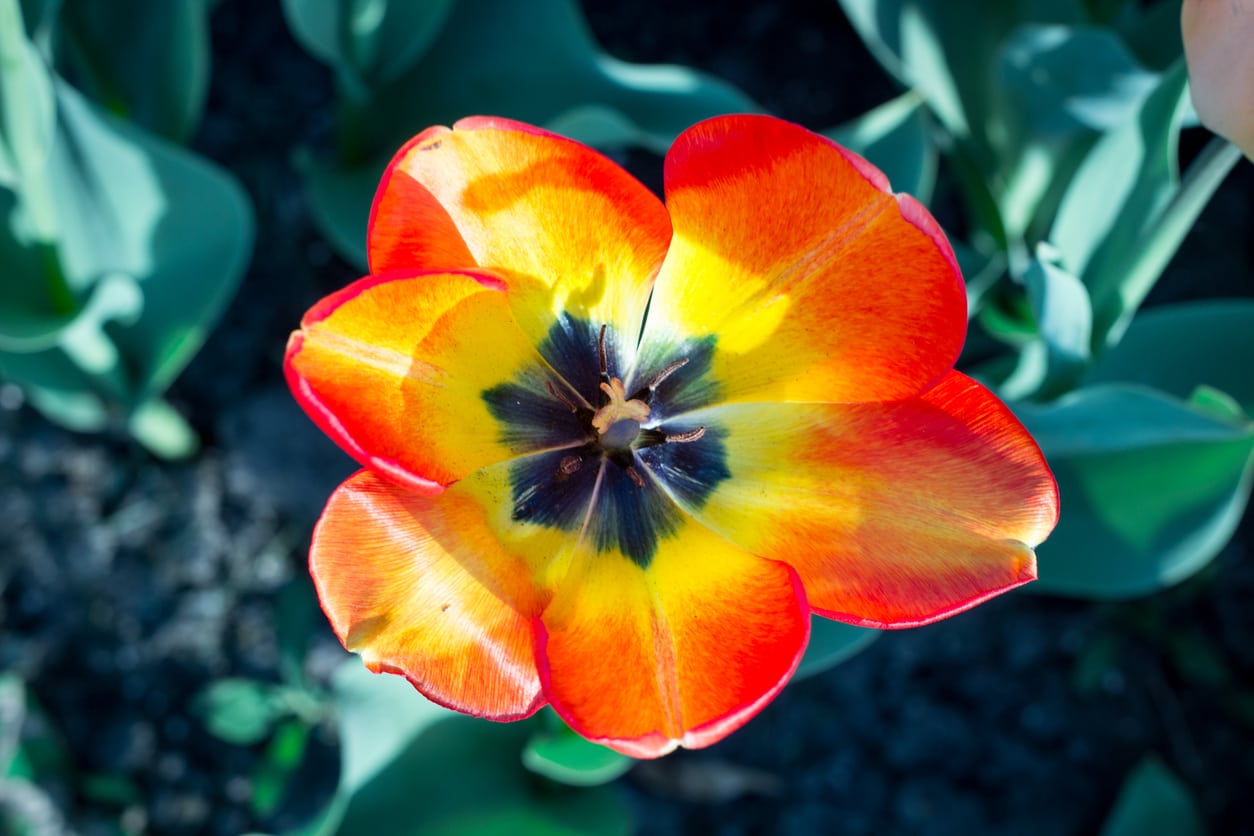What Is Nyctinasty – Learn About Flowers That Open And Close


Sign up for the Gardening Know How newsletter today and receive a free copy of our e-book "How to Grow Delicious Tomatoes".
You are now subscribed
Your newsletter sign-up was successful
What is nyctinasty? It’s a valid question and a word you definitely don’t hear every day, even if you are an avid gardener. It refers to a type of plant movement, like when flowers open in the day and close at night, or vice versa.
Nyctinastic Plant Info
Tropism is a term that refers to plant movement in response to a growth stimulus, like when sunflowers turn to face the sun. Nyctinasty is a different type of plant movement that is related to night and day. It is not related to a stimulus, but is rather directed by the plant itself in a diurnal cycle. Most legumes, as an example, are nyctinastic, as they close their leaves up each evening and open them again in the morning. Flowers may also open in the morning after closing for the night. In some cases, flowers close during the day, and open at night. A subtype of nyctinasty is familiar to anyone who has grown a sensitive plant. The leaves close when you touch them. This movement in response to touch or vibration is known as seismonasty. Why plants that move in this way is not fully understood. The mechanism of the movement comes from changes in pressure and turgor in the cells of the pulvinis. The pulvinis is the fleshy point at which the leaf attaches to the stem.
Types of Nyctinastic Plants
There are many examples of plants that are nyctinastic. Legumes are nyctinastic, closing up leaves at night, and include:
Other examples of nyctinastic plants include flowers that open and close include:
Some other plants you can put in your garden that will move from day to night and back again include silk tree, wood sorrel, prayer plant, and desmodium. It may be tough to actually see the movement happening, but with nyctonastic plants in your garden or indoor containers, you can observe one of the mysteries of nature as you watch leaves and flowers move and change position.
Sign up for the Gardening Know How newsletter today and receive a free copy of our e-book "How to Grow Delicious Tomatoes".

Mary Ellen Ellis has been gardening for over 20 years. With degrees in Chemistry and Biology, Mary Ellen's specialties are flowers, native plants, and herbs.